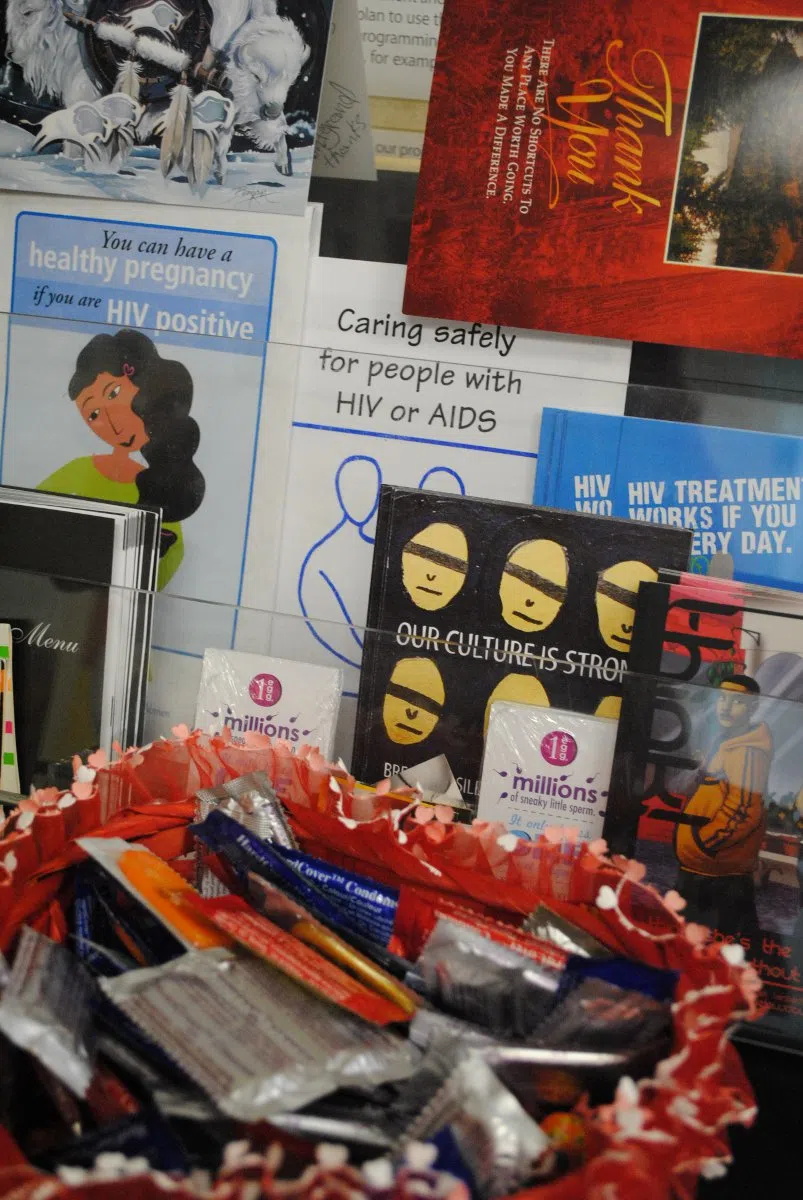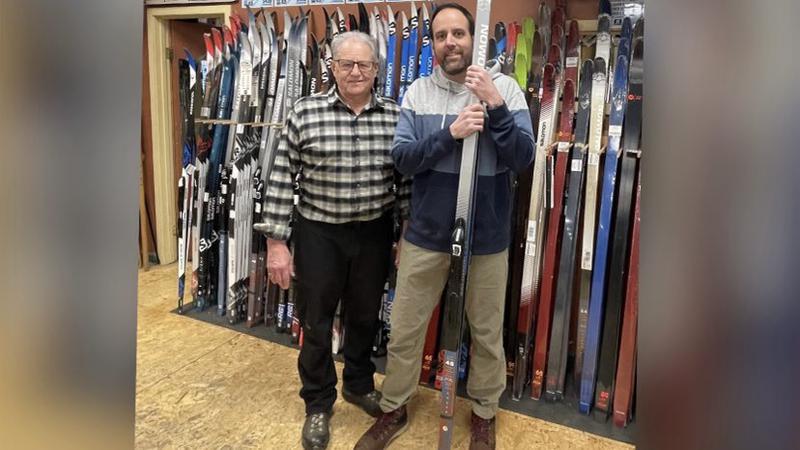
Aboriginal people to play central role in HIV research
Aboriginal people need to play a bigger role into HIV research, as they are the most affected by the current epidemic.
This belief, by the Canadian Aboriginal AIDS Network (CAAN), lead to the creation of Wise Practices IV Aboriginal Community-based Research Gathering held in Saskatoon this week.
“The reason why we chose Saskatoon and in particular Saskatchewan is because we realized the epidemic among Aboriginal people is the highest in Saskatchewan and therefore it was extremely important for us to come…share the research we are doing,” said Art Zoccole, chair of CAAN.
There is more research and more research funding for Aboriginal people than there was even 10 years ago, he said.


